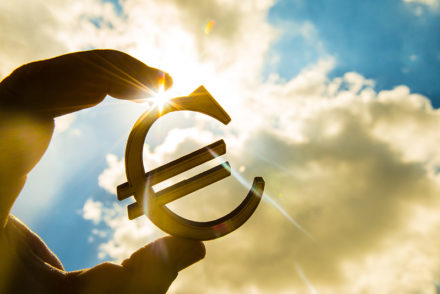“Why is it a problem to buy a stolen bike for 10 euro?”
If it looks like a stolen bike, if it talks like a stolen bike and if the fellow is really bad at estimating the value of a new Old Dutch – how can it then possibly come from this fellow’s garage? Nevertheless, this is the well-known situation for many of us who experienced the door to door sale of stolen bikes here in Tilburg.It seems that these days, getting your hands on a new bike is just as easy as getting a new Syrian passport. Difference is that we call the passport fake and our behavior hypocritical (if you weep when you lose it, but you would buy one for 5 euros and a cigarette). But are we really moral monsters in the latter case? Or are we just exhibiting so-called ordinary vice such as selfishness- both promoted and lashed by our society?
I will try to briefly sketch this phenomena by pointing out three dimensions: first, the anger we feel when someone steals our property, in this case a new bike. Then, the joy we feel when we score a deal and get a goodie for the fraction of estimated market price and finally, the bitter feelings we might dip in when we try and argue that it is morally wrong to buy stolen bikes. So, keywords are: loss, gain and moral evaluation.
It seems that these days, getting your hands on a new bike is just as easy as getting a new Syrian passport
My proposal is that, when at loss, we invoke moral evaluation in by painting things black and white. To illustrate, when someone takes something from us, we feel resentment and we feel like the bad thing happened to us- was done by a bad person in an ill-controlled environment. We want them to suffer. We want their shoelaces dipped in mud and their hair gel dry.
When at gain, we can also invoke moral evaluation, but this time, we position our action on a scale which consists of one million shades of acting morally wrong where our action usually gets settled at a scale “well if I didn’t get it, someone else would”, “This poor man needs his weed”, “It is a good lesson in microeconomics” etcetera.
What I am trying to illustrate here is the beautiful flexibility with which we navigate moral judgements in the situation where someone’s bike got stolen and we are offered to buy it. So, even if it is an obvious scenario of theft and an illegal purchase, we are still able to fine grain it until we make a case of why it is ok to get that new ride.
So, if we assume that this actually is the case, why do we still argue with ourselves or feel shame in front of the others when buying a stolen bike? If the selfishness can be accepted as a part of us and the society as a whole, why are our cheeks red if the neighbour walks by as we are hips deep in negotiating whether that Old Dutch really is worth 10 euros, or it should go for 5?







